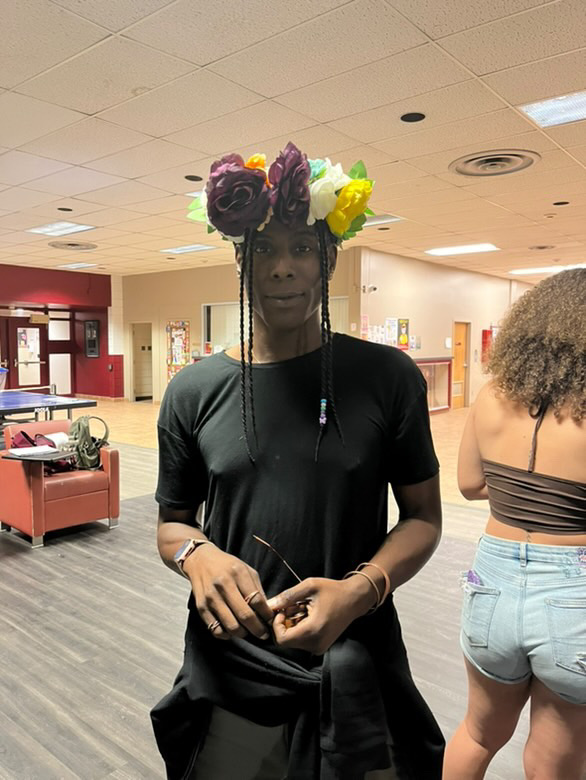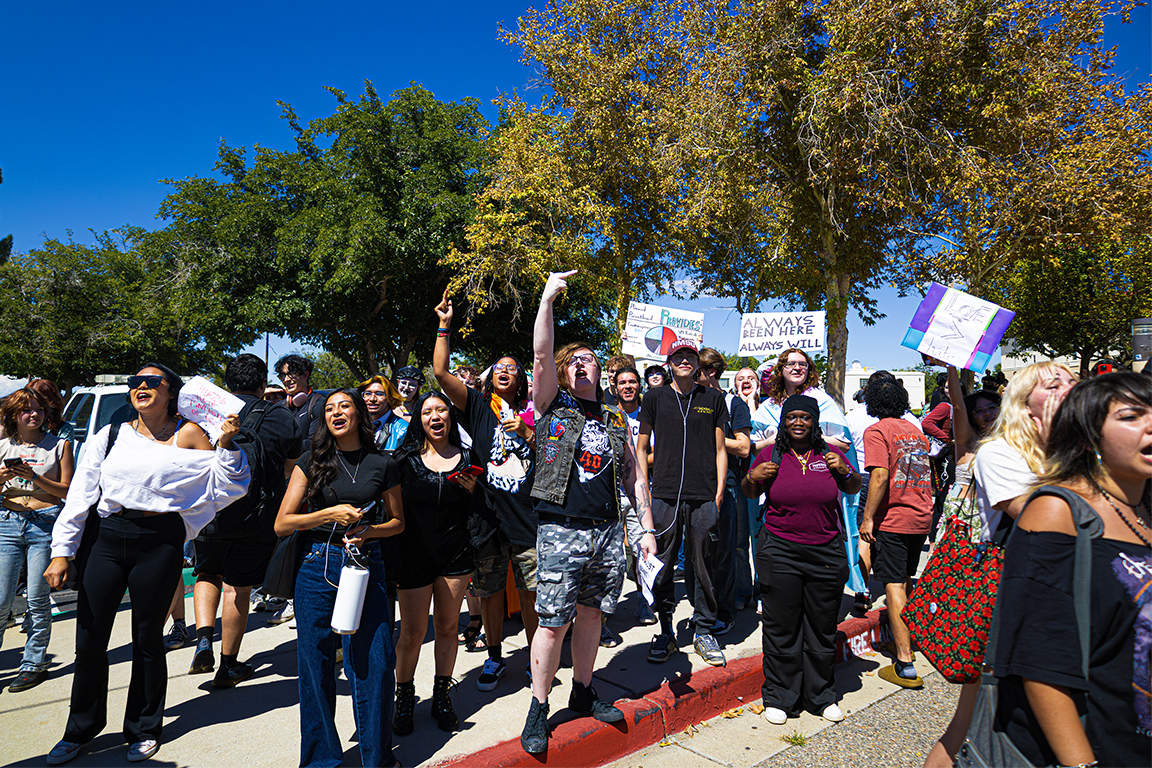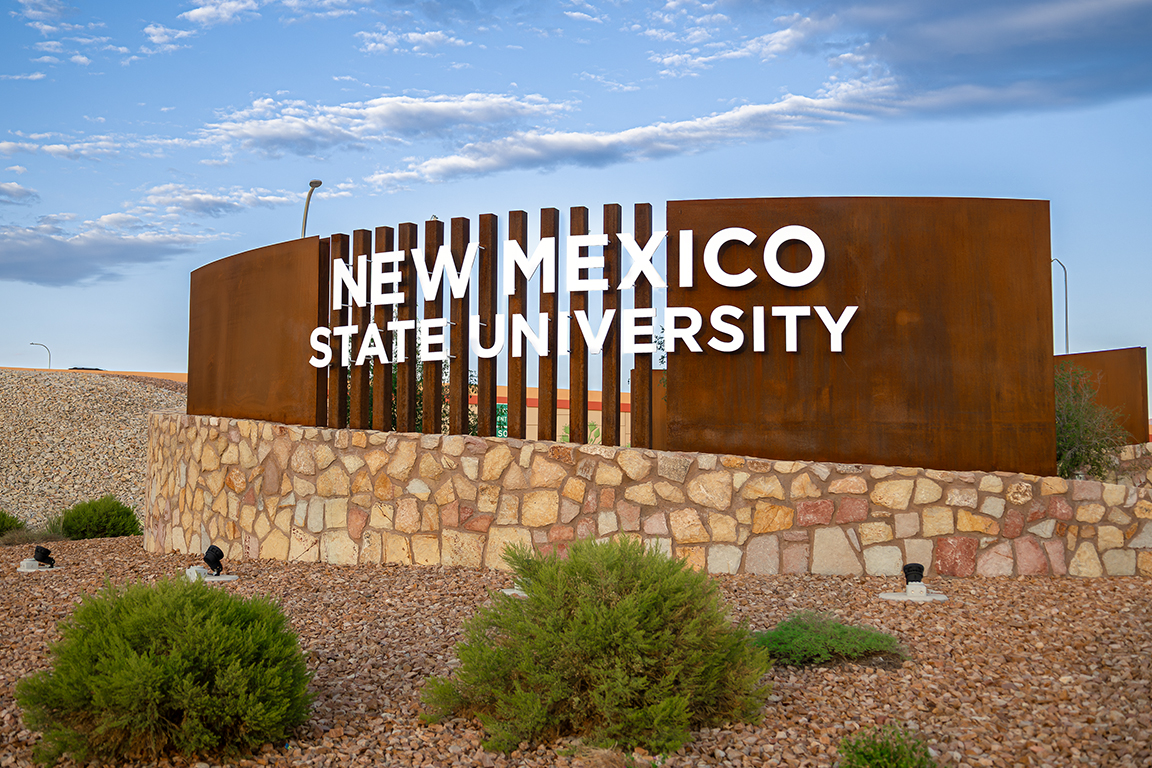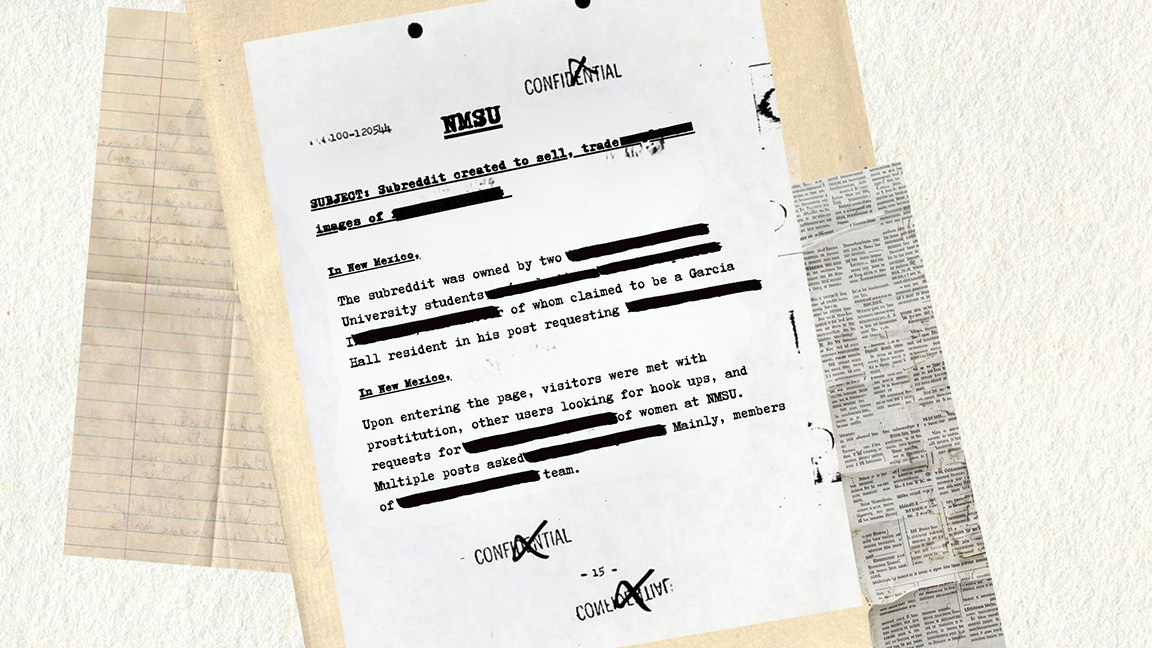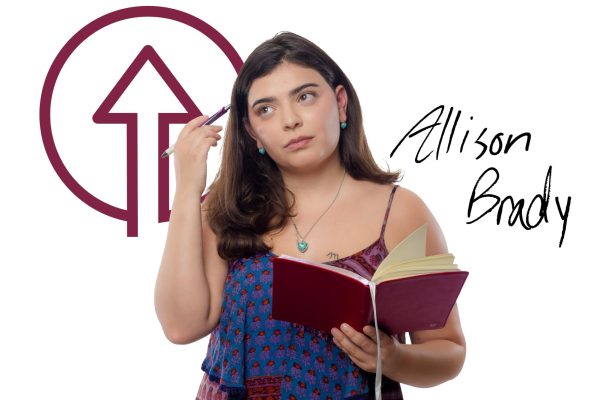The Black and Brown Queer Alliance hosted its first ever event on Tuesday, Feb. 25 to commemorate the life of Marsha P. Johnson, a Black transgender woman who played an integral part in LGBTQ+ history. At the event, New Mexico State students and community members were encouraged to create flower crowns and engage with one another.
Formerly co-hosted by Black Programs and LGBT+ Programs, Marsha P. Johnson Craft Night celebrates her life and legacy, while participating in one of her favorite pastimes — making flower crowns. This year, the newly formed Black and Brown Queer Alliance headed the event, alongside these diversity programs and Housing and Residential Life.
The craft night marks the first event for the BBQA, an organization that was created this semester to be a space for LGBTQ+ members of color to connect. The president, Angel Ennis, explained the importance of the club and why she founded it.
“I am POC and I am part of the LGBT, and I feel like it’s important to include them just as much,” Ennis said. “I also wanted to create an environment where they felt like they could really connect with each other. Sometimes it’s a little bit harder for POC to connect with non-POC, so I wanted to create that space where they feel like they could connect and potentially create a bridge between POC programs and LGBT programs.”
The club emphasizes intersectionality and uplifting LGBTQ+ people of color within the NMSU community. The vice president of BBQA, Tristian Tamez, expressed the importance of clubs centered around connectedness during the current political climate, specifically with federal programs surrounding diversity, equity, and inclusion being cut.
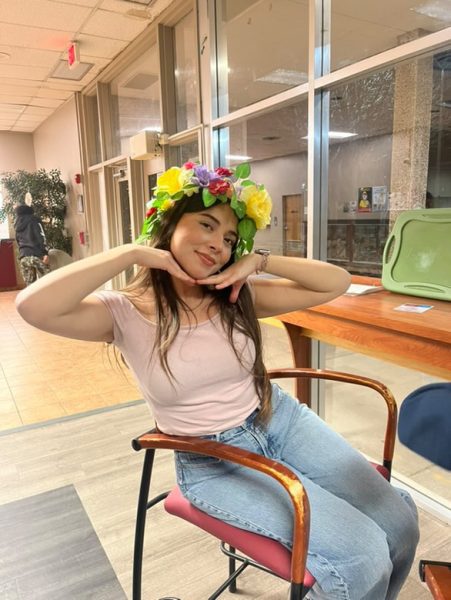
“The big reason why events like this are important is because it’s good to highlight queer voices, queer people of color’s voices,” Tamez said. “A lot of times, especially now, [queer people of color] kind of get left high and dry. With the current admin going on, we’re a little worried, you know, they’re cutting DEI programs, the burden will fall on to student works.”
Members of BBQA, along with students from Black Programs and LGBT+ Programs, came to the event in support of the newly-formed club and learned about the life of Johnson and the legacy she left.
She was a Black transgender activist, widely known for her part in the Stonewall Riots, which were an essential event during the gay liberation movement. The Stonewall Riots happened in 1969, when most states considered homosexuality a crime. Therefore, many people in the LGBTQ+ community could only safely meet each other in hidden gay bars — one of those being the Stonewall Inn, which was subjected to numerous raids by the NYPD. During one of those raids, members of the community fought back. This was the beginning of the Stonewall Riots, celebrated every year on its anniversary as Pride.
Johnson was one of the main people on the frontline of the riot. Though this might be what she was most known for, she had a long history of activism and dedicated her life to the gay liberation movement.
After everyone got the chance to make their crowns, Dae Romero, interim director for LGBT+ Programs, gave a speech on Johnson’s life and activism.
“She’s known for saying, ‘there’s no rights for some without rights for all and freedoms for all,’” Romero said. “I think we need to understand that within this society’s context. Some folks have been marginalized more than others, and that doesn’t mean you don’t participate within their lifting up. We are all supposed to support [each other]; even if I don’t identify within your minoritized identity, I still have my minoritized identities. We’re in this fight together, and I think that is what Marsha stood for.”
Students also shared why Johnson was important to them and how her activism has affected them. Many agreed her involvement in the LGBTQ+ community created more dialogue around intersectionality.
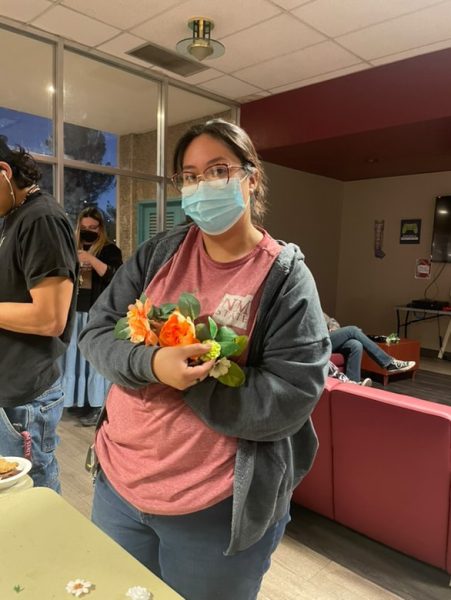
Nursing student Remi Jean Rey explained what made Johnson’s work in the LGBTQ+ community so integral and highlighted the dedication Johnson had to her activism. Rey explained what Johnson fought for, despite the personal danger that came with it.
“It was more [that] she worked; she did the work that the average gay person does, the average queer person does, the average trans person does,” Rey said. “She showed up to the meetings. She showed up to the protests. She did the marches. Oftentimes, she’s right at the front, but she never set out to make a name for herself.”
“She just set out to make things better for trans women. So, I’d say that was her contribution. She brought visibility,” Rey continued. “I guess the best way to put it is it’s always hard to take that first step. She took it and died for it, theoretically, because we don’t really know why she was killed. But the idea is that she was killed because of her activism. Maybe that’s what it is, maybe that was her achievement. To be the person who gave their life to highlight this issue.”


